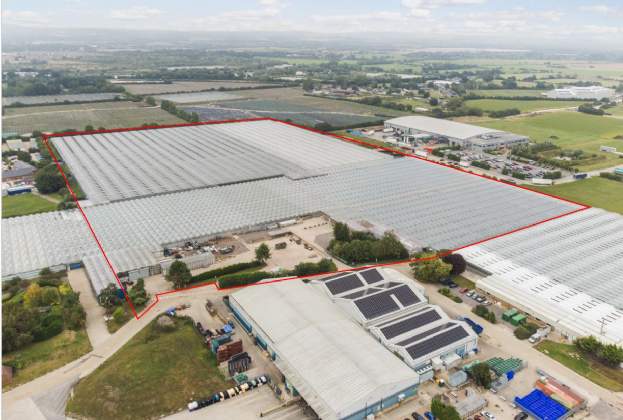Prior to the pandemic, rural tourism in Scotland was in good shape and playing a vital role in the growth of the nation’s economy. Covid triggered a crisis for the sector across the UK, but recovery north of the border is undoubtedly being hindered by some particular challenges.
Riding rough terrain
According to Visit Scotland, 2019 was the best year for overnight tourism in Scotland for more than a decade, led predominantly by a rise in staycations. There were more than 14.1 million UK overnight visits in Scotland that year, with tourism providing 9 per cent of employment and contributing £11.6 billion to the economy. Whilst post-lockdown summers may have been busy, the average annual occupancy figures in 2020 to 2022 are still down compared to pre-pandemic years. Some markets recovered more quickly than others and operators who were able to pivot their offering and attract a new audience generally fared better: outdoor dining, pop-up food markets, rural camping and glamping recovered first, with tranquillity and wellbeing becoming key consumer drivers.
The sector is recovering in terms of international and domestic visitors, with many attractions reporting year-to-date 2023 footfall to be down only circa 10 per cent on 2019, compared to -25 per cent in 2022. However, the Scottish tourism sector is attempting to navigate this recovery in what is becoming an increasingly regulated environment.
Challenges and inconsistencies
Operational costs are up: there are rising utility costs and recruitment challenges, with owners having to pay more to attract and retain staff especially in more remote areas. Business rates are generally set to increase for leisure-based activities and it will be important for operators to find out exactly how they will be impacted. For some, the only option may be to appeal the new rates.
The Scottish Government’s Short Term Lets Licence has brought additional cost and administration, with inconsistencies across local authorities in terms of fees and conditions being imposed. The six-month extension for existing operators has been a welcome concession, but key details remain unclear as the new October deadline looms. The recent legal opinion issued by the Court of Session in Edinburgh that the City of Edinburgh’s short-term let licensing policy is unlawful suggests further changes, and possible extensions, may be imminent.
National Planning Framework 4 (NPF4), Scotland's new statutory Development Plan, prioritises the creation of sustainable, liveable and productive places. Noble aims. However, on the ground there are already instances of the implementation of this framework having unforeseen effects; one such example being a recent application for an off-grid, sustainable bothie, designed and manufactured in Scotland using local materials, being rejected as it was too far (18 minutes’ walk) from the nearest bus stop.
The latest intervention, the UK’s first Deposit Return Scheme (DRS) was due to go live across Scotland on 16 August 2023 before being postponed to March 2024. As of the 7 June, it has now been delayed to October 2025 at the earliest. Whilst it has the laudable aim of helping to recycle billions of single-use receptacles every year, it was deemed overly complicated, expensive and overreaching by many in the hospitality sector, with a call for a streamlined, UK-wide scheme to be implemented instead. The most recent delay offers a glimmer that common sense can prevail.
A potential tourism tax, giving Scottish local authorities the power to apply a visitor levy on overnight stays to help fund relevant local services, is also currently being debated.
Ambitious plans
Scotland Outlook 2030, developed in partnership between industry bodies and the Scottish Government, aims to make Scotland a world leader in 21st century tourism. Its approach has climate change considerations at its heart, and points to disrupters such as technology and the appetite for sustainable experiences being opportunities that can work in Scottish tourism’s favour rather than against it.
Central to achieving this ambitious pledge will be meaningful collaboration between government, local authorities and industry bodies to ensure targeted support is in place and any regulation is necessary, meaningful and balanced. With the inconsistencies and unexpected consequences that are currently being seen, it’s hard to describe the recent policy developments as achieving such aims.
Whilst opportunities remain for innovation, ingenuity and adaptability to shine through, the overall operating environment has arguably never been more challenging. A speedy and substantial re-think of policy implementation is required to ensure the Scottish tourism industry can first fully recover to a sustainable position before setting out on its quest to be a world leader.

.jpg)


.jpg)
.jpg)

.jpg)
.jpg)
.jpg)
